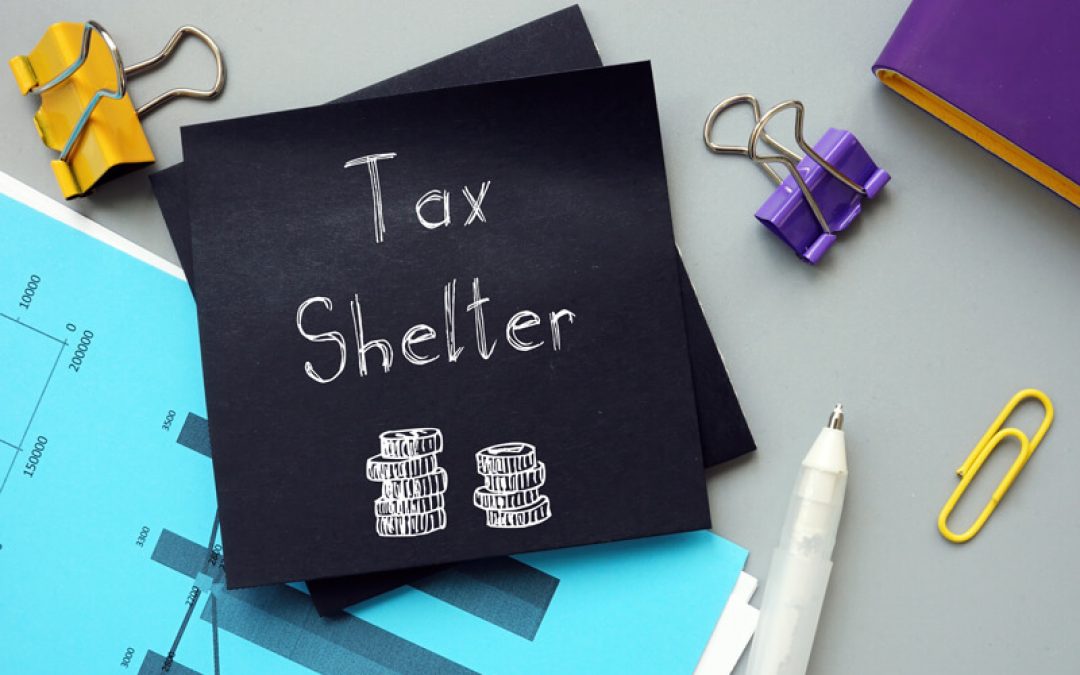When we think of a shelter – as in one for inclement weather – it musters thoughts of being protected or taking refuge. While it’s not a place to evade a storm forever, it’s a spot to ride the weather out safely reducing your exposure. A tax shelter basically falls under the same umbrella. When you shelter your taxes, you are often just deferring or reducing – legally and approved by the IRS – the amount you might pay otherwise. Examples of well-known tax shelters include 401K contributions, mortgage interest deductions, IRAs, etc. Examples of evading taxes are “forgetting” to add legitimate wages, taking unearned deductions or falsifying records. Since we don’t want you go to jail, here are three legitimate examples of a tax shelter with regards to real estate investments:
Depreciation
One of the hopes of a well thought out real estate investment is to grow your wealth through the increase in market value of your property’s location. In many cases property values increase as time goes on, but the IRS lets you depreciate your building and write off a percentage each year over a course of 27.5 years or sooner. Criteria to depreciate your property includes you must own the property, the property must produce income, you must be able to determine the useful life of your property and the useful life must be greater than one year.
1031 Exchange
If you’re ready to sell your real estate investment, but you’re concerned about capital gains, a 1031 exchange is a method of deferring those costs. A 1031 exchange allows you to defer capital gains if you reinvest that money into a like-kind property within a certain time. This can be especially helpful if your investment isn’t performing as you hoped, and you would like to trade for one you think can be more lucrative. Because current administration changes might set new limits on 1031 exchanges, you should start the process sooner than later. Contact us at 949-635-7192 if you need help or want more details on this potential change.
Step-up in basis
The step-up in basis is a tax deferral that is passed on to your heirs. When you leave property to someone, they will receive the asset with a cost basis equal to the fair market value at the date of your death. This means that only the portion sold at a profit above the market value would be subject to capital gains. While you won’t see this benefit in your lifetime, your heirs will appreciate it quite a bit.
Diversified Investment Strategies represents a team of experienced and trusted professionals specializing in real estate investment and services – including buying, selling, leasing, retirement planning and wealth growth and management through strategic, informed investment choices and a meticulous real estate investment analysis. As knowledgeable replacement property professionals, they help clients build a customized strategy that identifies suitable investments pursuing successful completion of a 1031 Tax-Deferred Exchange. Visit them at www.diversified1031.com or call 866-261-0104.
There are material risks associated with investing in DST properties and real estate securities including liquidity, tenant vacancies, general market conditions and competition, lack of operating history, interest rate risks, the risk of new supply coming to market and softening rental rates, general risks of owning/operating commercial and multifamily properties, short term leases associated with multi-family properties, financing risks, potential adverse tax consequences, general economic risks, development risks, long hold periods, and potential loss of the entire investment principal. Past performance is not a guarantee of future results. Potential cash flow, returns and appreciation are not guaranteed. IRC Section 1031 is a complex tax concept; consult your legal or tax professional regarding the specifics of your particular situation. This is not a solicitation or an offer to sell any securities. DST 1031 properties are only available to accredited investors (typically have a $1 million net worth excluding primary residence or $200,000 income individually/$300,000 jointly of the last three years) and accredited entities only. If you are unsure if you are an accredited investor and/or an accredited entity please verify with your CPA and Attorney.
Diversified 1031 does not offer legal or tax advice. Please consult the appropriate professional regarding your individual circumstance.
Securities offered through Concorde Investment Services, LLC (CIS), member FINRA/SIPC. Diversified 1031 is independent of CIS.
